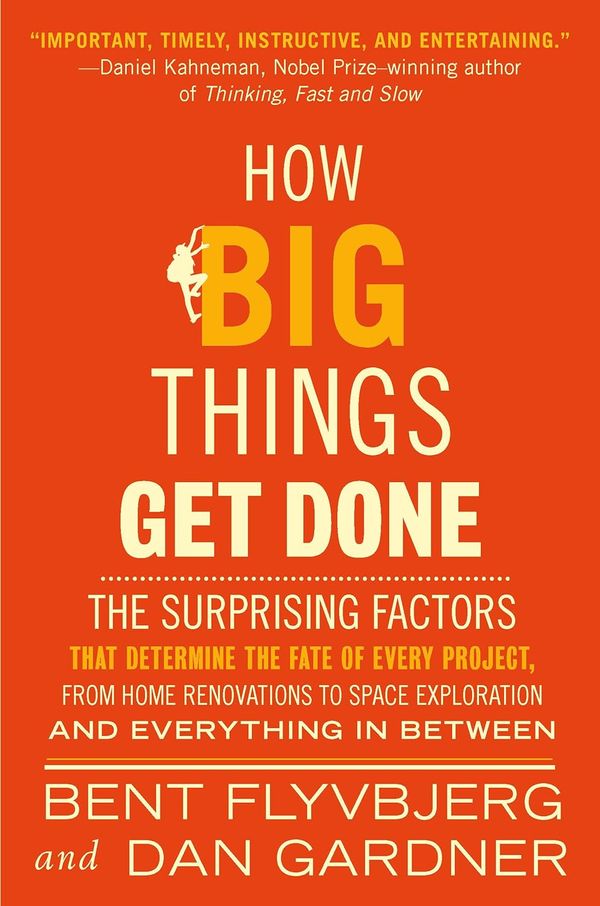By Peter Drucker (1999)
Pages: 55,Final verdict: Should-read
Do you consider your values system when choosing a new job? Peter Drucker thinks you should. This and other advice is presented in Managing Oneself, a book which is primarily about career management. In fact, Managing Oneself is not actually a book - rather a Harvard Business Review article which was so good that it was later published as a book - hence its only 55 pages. In any case, I enjoyed reading it so much that it's definitely worth a review.
In order to understand Managing Oneself, one must know who Peter Drucker is. Considered the father of modern management, Drucker wrote a staggering total of 39 books on the topic. He is THE management guru of the 20th century. But even more importantly, Drucker's work is still relevant today - as it usually happens with the best of the best, his high quality work seems to endure the test of time.
Where do I belong?
The guiding question of the first part of the book is "Where do I belong?", as in where should I be working? Drucker recommends looking into ourselves to understand where we should work, and what kind of work we should do. He proposes us three questions:
- What are my strengths?
- How do I perform? (In which situations do I perform better?)
- What are my values?
By answering these questions, one should be able to identify whether a certain job position is a good fit or not. Drucker emphasizes that they should definitely tell where someone does not belong. One should say no to positions where he knows that he won't perform, or that are not in line with his strengths and values.
"Given my strengths, my way of performing, and my values, how can I make the greatest contribution to what needs to be done?" - Peter Drucker
On the topic of finding our strengths, Drucker suggests a technique he calls feedback analysis. Having used this technique for many years, Drucker recommends it as an infallible method to understand your strengths. Write down your expectations for the result, when you take an important decision. 9 to 12 months later, go back and check if the expectations you wrote down are in line with the result. In a couple of years, this method should show where we are competent, but also where we failed completely, providing very important insights to the question of "What are my strengths?"
Following the feedback analysis, Drucker recommends that we find positions where our strengths will help be successful. Next, we should build upon these strengths and work to improve them. Lastly, the analysis can show where we are lacking knowledge or where we have bad habits which prevent us from meeting our expectations.
"One should waste as little effort as possible on improving areas of low competence. It takes far more energy and work to improve from incompetence to mediocrity than it takes to improve from first-rate performance to excellence." - Peter Drucker
To answer the question "How do I perform?", Drucker suggests answering the following questions:
- Do I best take information by reading or by listening?
- How do I learn? (by talking? by writing?)
- How do I work well with people? As a leader or as a subordinate?
- Do I produce results as a decision maker or as an adviser?
- Do I perform well under stress, or do I need a highly structured and predictable environment?
- Do I work best in big organizations or in small ones?
The main takeaway I got from this part of the book is that a good job will be different from person to person. What might be the perfect job for one person, can be the wrong one for another if his strengths and way of performing won't allow him to produce results in that position.
The importance of aligned values
"To work in an organization whose value system is unacceptable or incompatible with one's own condemns a person both to frustration and to non-performance." - Peter Drucker
Drucker presents the question "What are my values?" not as one of ethics, but as one of personal management. He argues that working in an environment where people have a different set of values than his own (if they are ethically acceptable values), will result in poor performance - and hence, disappointment.
He provides examples of companies which are focused on short term results vs. long term results, companies emphasizing internal promotions vs. external hires, or companies developing risky innovations vs. steady improvements. Each of these companies is based on a different set of values than the other. And even if they might all be economically as good options as the other, one should choose to work for the type of company which is more aligned with his values.
Lastly, Drucker touches the topic of managing a long career. Drucker is himself an expert in the topic, having had different careers from investment manager, to management consultant, to writer (he wrote almost all his books after age 40). He suggests developing a parallel career that you can take up more seriously once your primary career is stagnating.
Bottom line
Managing Oneself is full of interesting insights. And with only 55 pages (I read it during a 2-hour flight), there is no reason not to read it. Go online and find it, you will not regret.
Only negative aspect of the book is the lack of empirical evidence shown. Peter Drucker was a great thinker, and I do trust his arguments, but one day it would be great to see a scientific study proving him right.
Lastly, it is amazing to think that Managing Oneself was first published in 1999 when Drucker was 90 years! A great gift to all of us living our careers in the 21st century.
Further learning:
- Buy the book online.
- Managing Oneself at the Harvard Business Review website (requires subscription)
- Why read Peter Drucker? (Harvard Business Review)
- The Best of Peter Drucker (Forbes)



